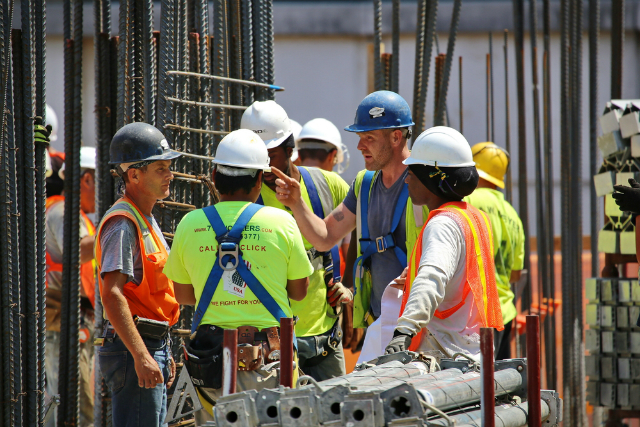Under Cairo’s scorching sun, the bustling streets reveal an unexpected twist in dramatic price drops on big-ticket items like cars and appliances.
Following March’s significant currency devaluation, prices for these goods have plunged, leaving consumers hesitant to make purchases amid hopes for even better deals.
Mohamed Yassin, a furniture store vendor, said “People just inquire about prices. They’re afraid to buy in case prices drop further.” This cautious consumer behavior is posing challenges for Egypt’s consumer-driven economy.
In March, Egyptian authorities devalued the pound by nearly 40% to stabilize an economy teetering on the edge. While such moves often lead to inflation spikes, Egypt’s case has been unusual.
Unlike other nations like Nigeria or Argentina, where costs soared post-devaluation, Egypt is witnessing falling prices for high-value items.
Previously inflated prices were driven by a black market in foreign currency, where importers secured dollars at exorbitant rates, passing costs onto consumers.
Now, with the pound stabilizing and foreign currency more accessible, retailers are struggling to sell inventory at pre-devaluation prices.
Despite price reductions, the overall consumer market remains sluggish. The automotive sector has seen a near 75% drop in sales compared to pre-crisis levels.
Major brands like Hyundai and Volkswagen have slashed prices by about a quarter, yet buyers remain cautious.
The economic strain is not limited to luxury items. Everyday expenses continue to rise, albeit more slowly, with anticipated hikes in electricity and fuel prices adding to the pressure.
Experts highlight a period of adjustment as both consumers and traders navigate the volatile exchange-rate environment. Mohamed Abu Basha, head of research at EFG Hermes, explains, “The market is taking time to absorb recent fluctuations.”
Meanwhile, businesses face declining sales, impacting their ability to manage operating costs. Yassin’s store has offered discounts of up to 50% yet remains quiet. “We’ve tried everything, but everyone is waiting,” he laments.
The devaluation has spurred a shift in economic dynamics. Inflation has eased, but the pace varies across sectors. Clothing and transportation costs are up, while food prices fluctuate.
With the phasing out of fuel subsidies and potential electricity price increases, Egyptians are bracing for further financial strain. The recent 300% rise in subsidized bread prices adds another layer of concern.
The situation underscores the balancing act between maintaining consumer confidence and attracting foreign investment.
Economists suggest potential stimulus measures, such as lowering interest rates or increasing public spending, to boost demand.

 Billionaire Watch3 weeks ago
Billionaire Watch3 weeks ago
 Startups4 weeks ago
Startups4 weeks ago
 News4 weeks ago
News4 weeks ago
 News4 weeks ago
News4 weeks ago
 Bitcoin4 weeks ago
Bitcoin4 weeks ago
 Naira4 weeks ago
Naira4 weeks ago
 Forex3 weeks ago
Forex3 weeks ago
 Treasury Bills4 weeks ago
Treasury Bills4 weeks ago



















